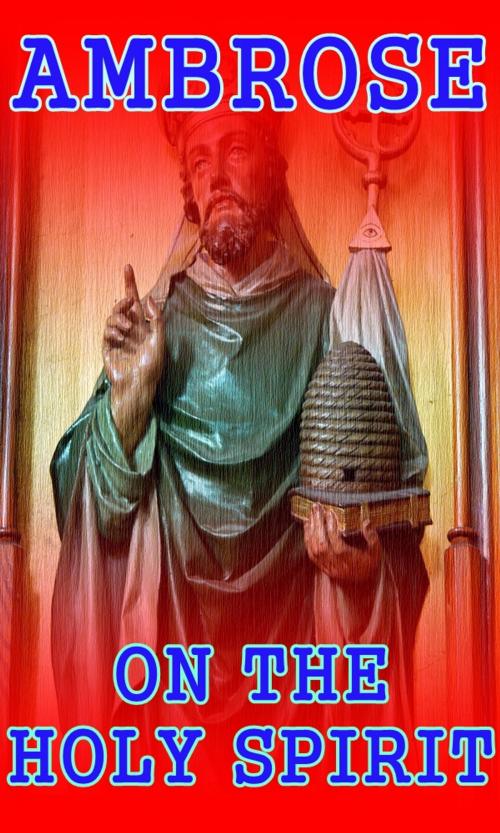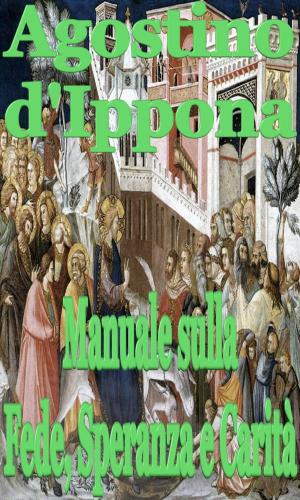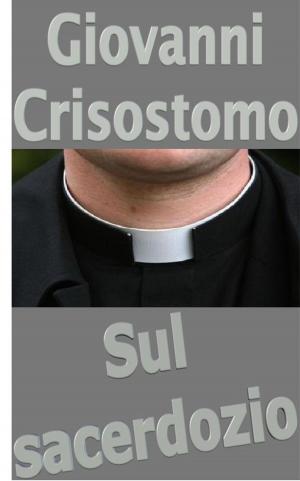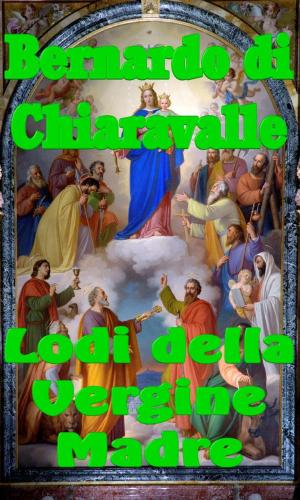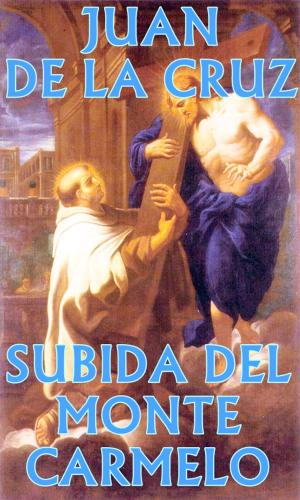On the Holy Spirit
Nonfiction, Religion & Spirituality, Christianity, Christian Literature, Education, Christian Life| Author: | St. Ambrose | ISBN: | 9781783361649 |
| Publisher: | limovia.net | Publication: | April 2, 2013 |
| Imprint: | Language: | English |
| Author: | St. Ambrose |
| ISBN: | 9781783361649 |
| Publisher: | limovia.net |
| Publication: | April 2, 2013 |
| Imprint: | |
| Language: | English |
The three books on the Holy Spirit are, as St. Ambrose says himself, a sequel to those on the Faith, and the two treatises together have been sometimes quoted as if one, with the title, De Trinitate. But we see from Gratian's letter to St. Ambrose, and from the reply, that each treatise is separate, and the De Spiritu Sancto was written some years later, a.d. 381.
In the first book St. Ambrose commences by allegorizing the history of Gideon and the fleece, seeing in the drying of the fleece and the moistening of the threshing-floor a type of the Holy Spirit leaving the Jews and being poured out on the Gentiles. Passing to his more immediate subject, he proves that the Holy Spirit is above the whole Creation and is truly God, alleging as a special argument that the sin against the Holy Spirit can never be forgiven, here or hereafter. He shows how the Holy Spirit is in Scripture called the Spirit of God; that He spoke by the prophets and apostles; that He sanctifies men, and is typified by the mystical ointment spoken of in Scripture. Next, St. Ambrose treats of His oneness with the other two Persons of the Holy Trinity, and shows that His mission in no way detracts from this oneness, but that there is in all the Divine Persons a perfect unity of peace, love, and other virtues.
The three books on the Holy Spirit are, as St. Ambrose says himself, a sequel to those on the Faith, and the two treatises together have been sometimes quoted as if one, with the title, De Trinitate. But we see from Gratian's letter to St. Ambrose, and from the reply, that each treatise is separate, and the De Spiritu Sancto was written some years later, a.d. 381.
In the first book St. Ambrose commences by allegorizing the history of Gideon and the fleece, seeing in the drying of the fleece and the moistening of the threshing-floor a type of the Holy Spirit leaving the Jews and being poured out on the Gentiles. Passing to his more immediate subject, he proves that the Holy Spirit is above the whole Creation and is truly God, alleging as a special argument that the sin against the Holy Spirit can never be forgiven, here or hereafter. He shows how the Holy Spirit is in Scripture called the Spirit of God; that He spoke by the prophets and apostles; that He sanctifies men, and is typified by the mystical ointment spoken of in Scripture. Next, St. Ambrose treats of His oneness with the other two Persons of the Holy Trinity, and shows that His mission in no way detracts from this oneness, but that there is in all the Divine Persons a perfect unity of peace, love, and other virtues.
